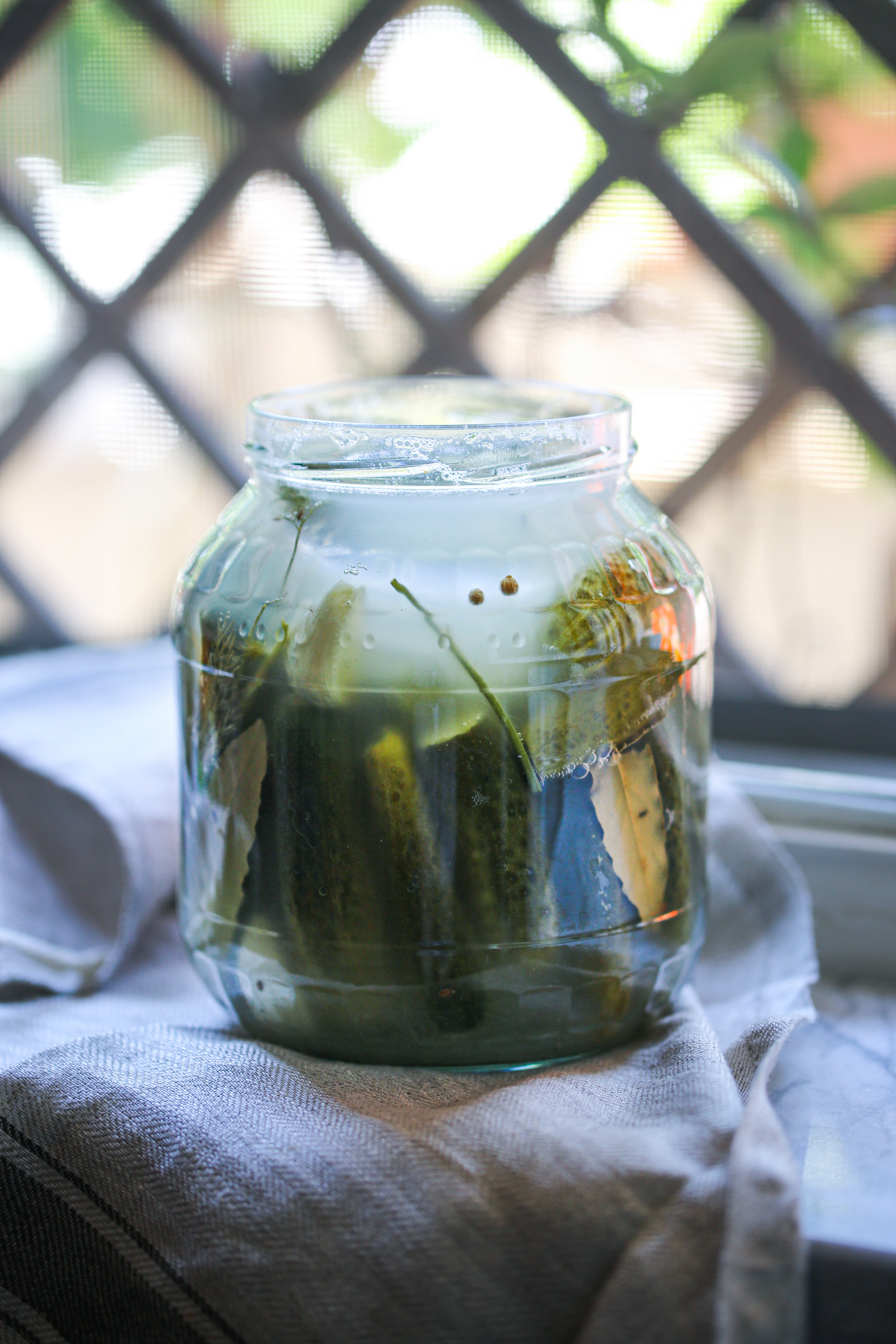Pickled juice is considered to be a magic bullet to prevent and ease exercise induced skeletal muscle cramping. Here is a quick review of the cause for muscle cramps, ways to prevent and use of pickled juice. Lets understand the science.
The remarkable feat at Olympics
The Indian women’s hockey team turned out to be faster, stronger and finished 4th at the Tokyo 2020 Olympics. Methodical training, strategic planning, consistent efforts, grit and the right nutrition is utmost essential to achieve such a remarkable feat. The sultry weather, hot and humid climate was a cause of concern at Tokyo to sustain.
The women’s hockey team survived this with the help of gherkin-in vinegar pickled juice. The team would drink pickle juice shots after breakfast or before a game depending on when the game was. An extra shot was taken at the onset of cramps if required. This trick worked well and there was not a single event of cramping during the entire season. Muscle cramping is a common complaint among athletes and occurs due to various reasons.
Occurrence of muscle cramps
Muscle cramp is a temporary but intense and painful involuntary contraction of skeletal muscle that can occur in many different situations. Muscle cramps are often sudden and can occur in various muscles. However, the most commonly affected muscles are in the back of your lower leg, the back of your thigh, and the front of your thigh.
Muscle cramps usually occur due to dehydration, overuse of certain muscles, inadequate blood flow to working muscles, lactic acid build up, and electrolyte imbalance. Cramping is also related to the nervous system that controls the muscle contraction and relaxation.
Ways to prevent cramps
Muscle cramps can be prevented by doing a proper warm up before exercise, avoid exercise right after a meal, reduce caffeine intake and adequate fluid intake. Common foods that help to relieve cramps are watermelon, orange juice, coconut water and sweet potato. Pickled juice or gherkin in vinegar has recently gained attention.
Pickled juice and muscle cramps
Pickled juice is touted to relieve muscle cramps within 35 seconds. Pickled juice helps to relieve cramps in two ways. The pickled juice- gherkins in vinegar contain electrolytes- sodium, potassium, calcium and magnesium are restored and help to relieve cramps.
Secondly, acetic acid in the pickled juice does the trick. The sour and sharp taste of acetic acid in pickled juice triggers the receptors in the mouth to send neural signal to the brain centres that control muscles. The muscle contraction is reduced and relaxation is increased(Hooper et al, 2020).
Moreover, pickled juice is a probiotic and gut friendly product.
Amount to be consumed pre and during training
The pre-packaged pickled juice shot comes in pre-packaged small 75ml bottles. Athletes can consume half of the shot before practice or competition to prevent cramps. The remaining half could be consumed only at the onset of cramps for possible relief.
Conclusion:
Pickled juice can be used to prevent or alleviate exercise induced muscle cramping. However, more research is necessary on the dose, timing of intake, and sports which it could be effective. Also, the cost and availability for athletes needs to be considered.
References
1. Miller KC, Mack GW, Knight KL, Hopkins JT, Draper DO, Fields PJ, Hunter I. Reflex inhibition of electrically induced muscle cramps in hypohydrated humans. Med Sci Sports Exerc. 2010 May;42(5):953-61. doi: 10.1249/MSS.0b013e3181c0647e. PMID: 19997012.
2. Miller KC. Electrolyte and plasma responses after pickle juice, mustard, and deionized water ingestion in dehydrated humans. J Athl Train. 2014 May-Jun;49(3):360-7. doi: 10.4085/1062-6050-49.2.23. PMID: 24955622; PMCID: PMC4080605.
3. Hooper Marosek SE, Antharam V, Dowlatshahi K. Quantitative Analysis of the Acetic Acid Content in Substances Used by Athletes for the Possible Prevention and Alleviation of Exercise-Associated Muscle Cramps. J Strength Cond Res. 2020 Jun;34(6):1539-1546. doi: 10.1519/JSC.0000000000003595. PMID: 32459412.


